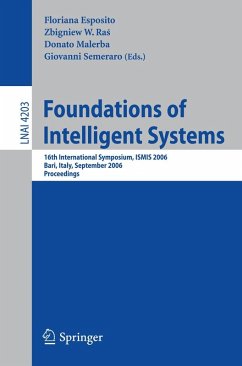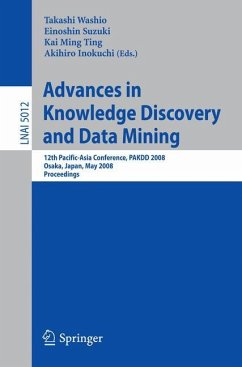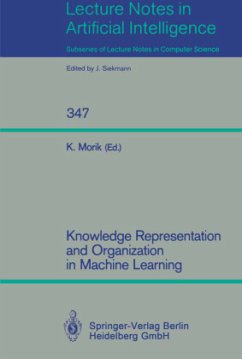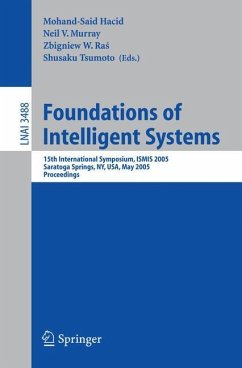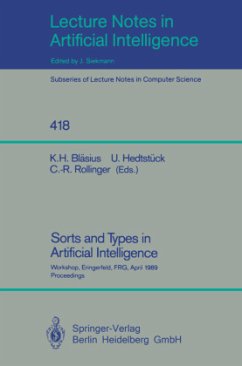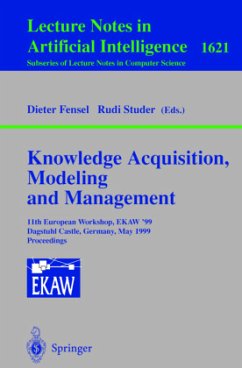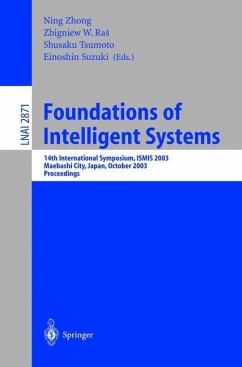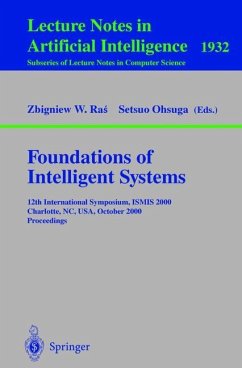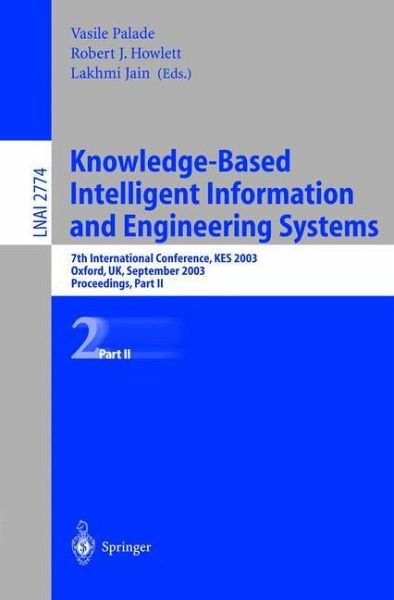
Knowledge-Based Intelligent Information and Engineering Systems
7th International Conference, KES 2003 Oxford, UK, September 3-5, 2003 Proceedings, Part II
Herausgegeben: Palade, Vasile

PAYBACK Punkte
20 °P sammeln!
During recent decades we have witnessed not only the introduction of automation into the work environment but we have also seen a dramatic change in how automation has influenced the conditions of work. While some 30 years ago the addition of a computer was considered only for routine and boring tasks in support of humans, the balance has dramatically shifted to the computer being able to perform almost any task the human is willing to delegate. The very fast pace of change in processor and information technology has been the main driving force behind this development. Advances in automation a...
During recent decades we have witnessed not only the introduction of automation into the work environment but we have also seen a dramatic change in how automation has influenced the conditions of work. While some 30 years ago the addition of a computer was considered only for routine and boring tasks in support of humans, the balance has dramatically shifted to the computer being able to perform almost any task the human is willing to delegate. The very fast pace of change in processor and information technology has been the main driving force behind this development. Advances in automation and especially Artificial Intelligence (AI) have enabled the formation of a rather unique team with human and electronic members. The team is still supervised by the human with the machine as a subordinate associate or assistant, sharing responsibility, authority and autonomy over many tasks. The requirement for teaming human and machine in a highly dynamic and unpredictable task environment has led to impressive achievements in many supporting technologies. These include methods for system analysis, design and engineering and in particular for information processing, for cognitive and complex knowledge [1] engineering .




